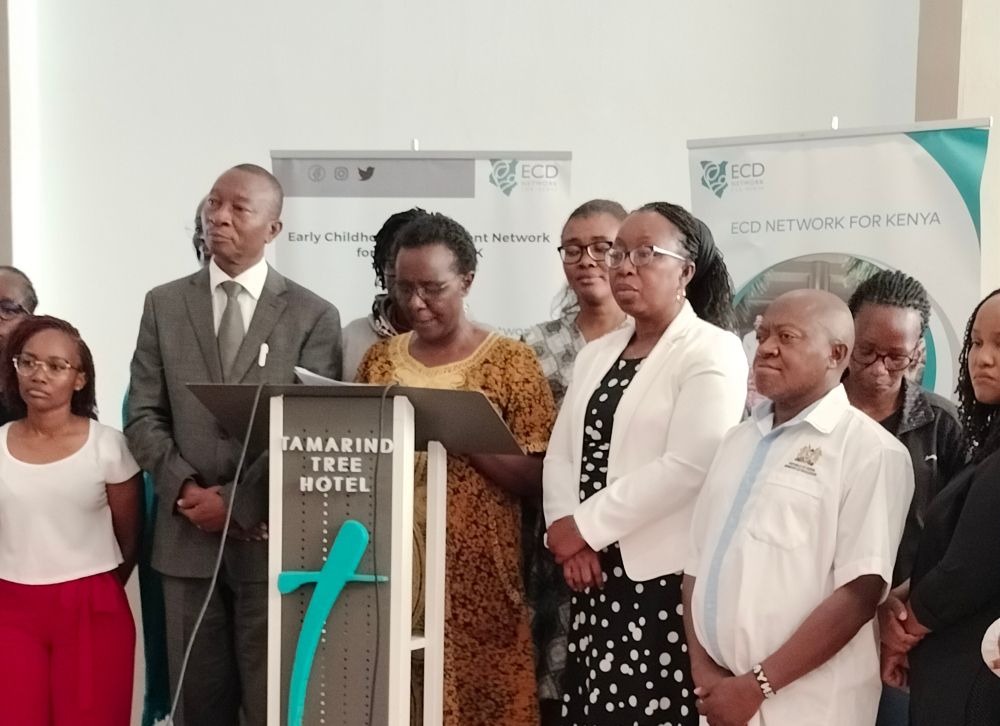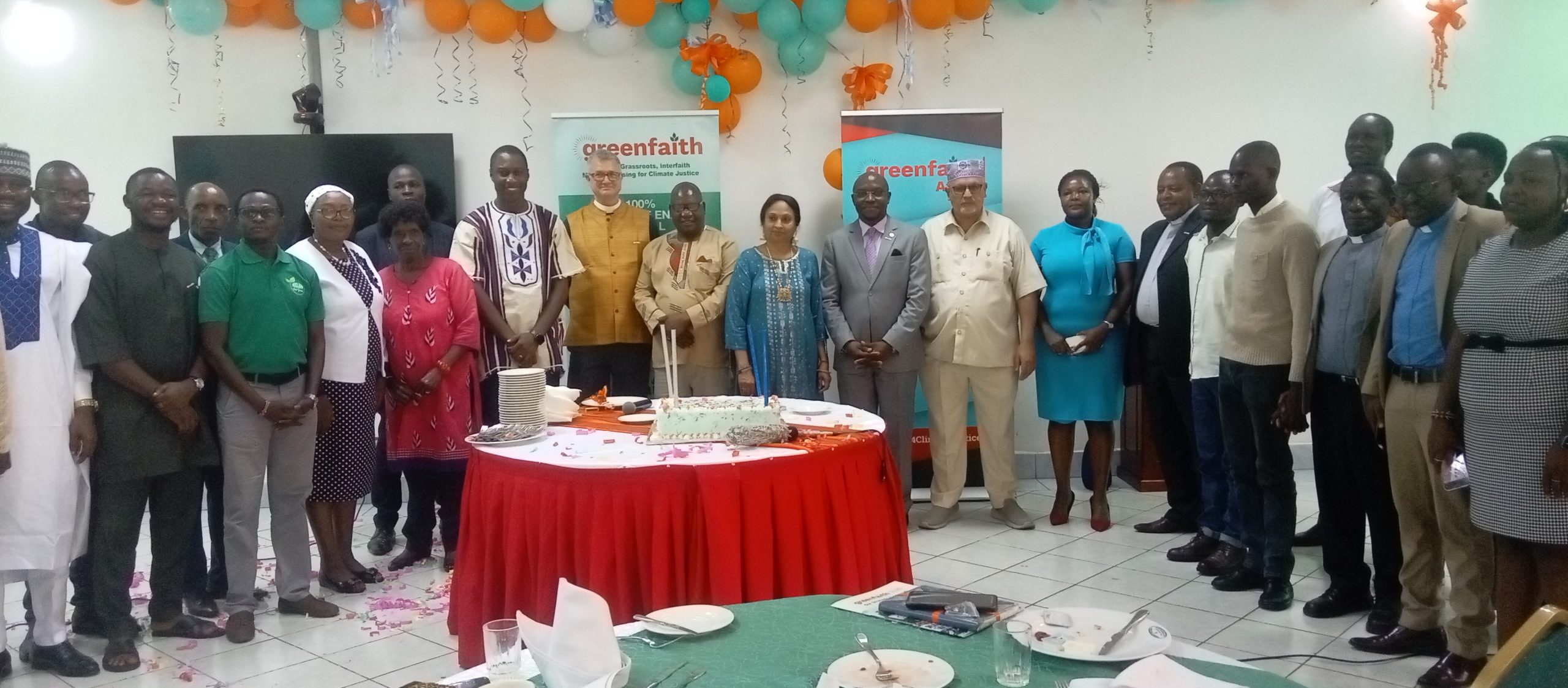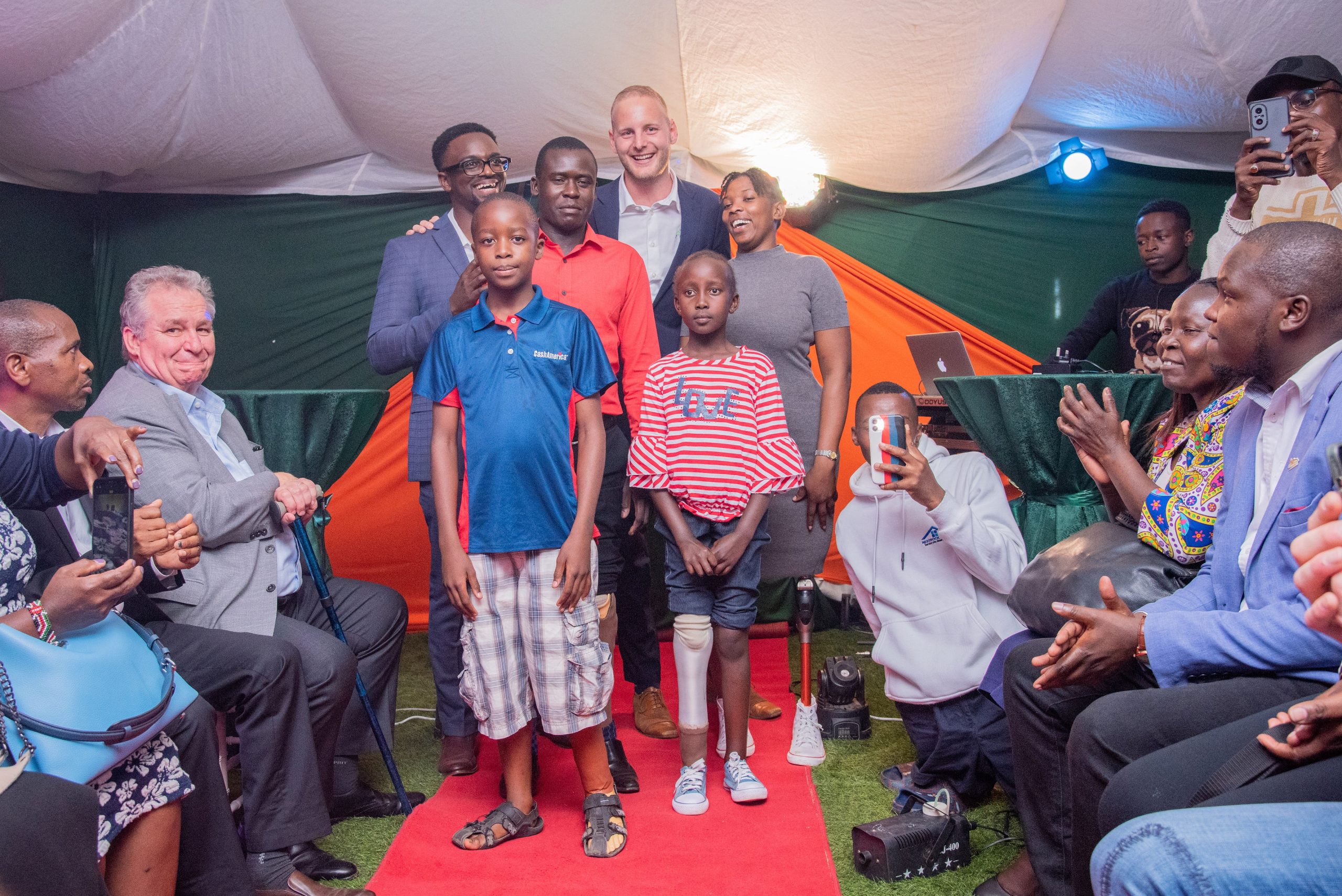By Eddah Waithaka
On 16th June, the Day of the African Child serves as a poignant reminder of the ongoing struggles and victories in the fight for children’s rights across the continent. This annual observance not only commemorates the past, but also provides a platform for African governments to assess their efforts to protect and improve the well-being of children. As leaders gather to reflect on progress and set new goals, the Day of the African Child represents a commitment to ensuring a better future for Africa’s young generations.

The theme “Education for all children in Africa: It is time for every child. It underlines the urgency of ensuring that every child has access to a quality education that equips them with the knowledge and skills needed to succeed in an increasingly competitive world.
The celebration in Kenya is a testament to the government’s commitment to prioritizing education and investing in the future of its young citizens.
By coming together on the Day of the African Child, stakeholders reaffirm their commitment to creating a brighter and more prosperous future for all children in Africa.
The event will bring together key stakeholders such as the national and county governments, civil society, caregivers, religious organizations,
private sector, among others, who are involved in childcare work.
As a prelude, the ECD Network for Kenya and childcare stakeholders have organized a Childcare Press Conference to be held today, 14 June 2024 at the Tamarind Hotel Nairobi Kenya to reflect on the status of childcare in Kenya.
According to the press statement released on 14th June, World Bank (2020) defines childcare as a service with the primary objective of caring for children while parents are away or working.
The service seeks to ensure children are safe and have opportunities to learn and develop positive relationships with caregivers and peers.
Additionally, UNICEF points out that childcare is a continuous process of monitoring a child’s development and provision of interventions and therapies that respond to each child’s unique situation.
Childcare therefore requires solid
knowledge, skills and trusting and nurturing relationships by the families and caregivers.
It creates an enriching and stimulating environment for the development
of children during early childhood.
Families are the primary caregivers, providing early intervention, a safe environment and opportunities for early
and provide opportunities for early learning.
For families to provide proper childcare, they need guidance and support. Further, the health and wellbeing of caregivers is critical for the development of the children and preparing them for adulthood.
Childcare is often regarded as a woman’s role in most family setups, which burdens, and limits women’s labor participation.
This calls for the need to create awareness at national, subnational and local levels on proper childcare, and enhance women’s labour force participation.
The gaps in access to childcare are acute in low-income economies, where resources and policies are and policies to support children. In Africa, some 35 million
children live without parental care, according to a report by the African Committee of Experts on the Rights and Welfare of the Child. Poor quality child care affects a child’s developmental outcomes and future life potential.
Against this background, countries have an obligation to expand access to quality and affordable childcare, affordable childcare. According to the World Bank, national governments should implement a wide range of policies, including those that address market failures to stimulate the economy and create a strong enabling environment to expand access to quality, affordable childcare.
Therefore, the Early Childhood Development Network for Kenya (ECDNek) and key stakeholders have launched a six month Childcare Campaign Dialogues across Kenya to create awareness and mobilize support for initiatives that address the needs of children.
The Dialogues will take place across the 8 economic blocs and address issues such
as promoting nurturing care, child protection, child-friendly policies, gender policies and community participation in childcare.
The dialogues also seek to address
Community and cultural concerns that have a negative impact on childcare and the means to mitigate the negative outcomes.






